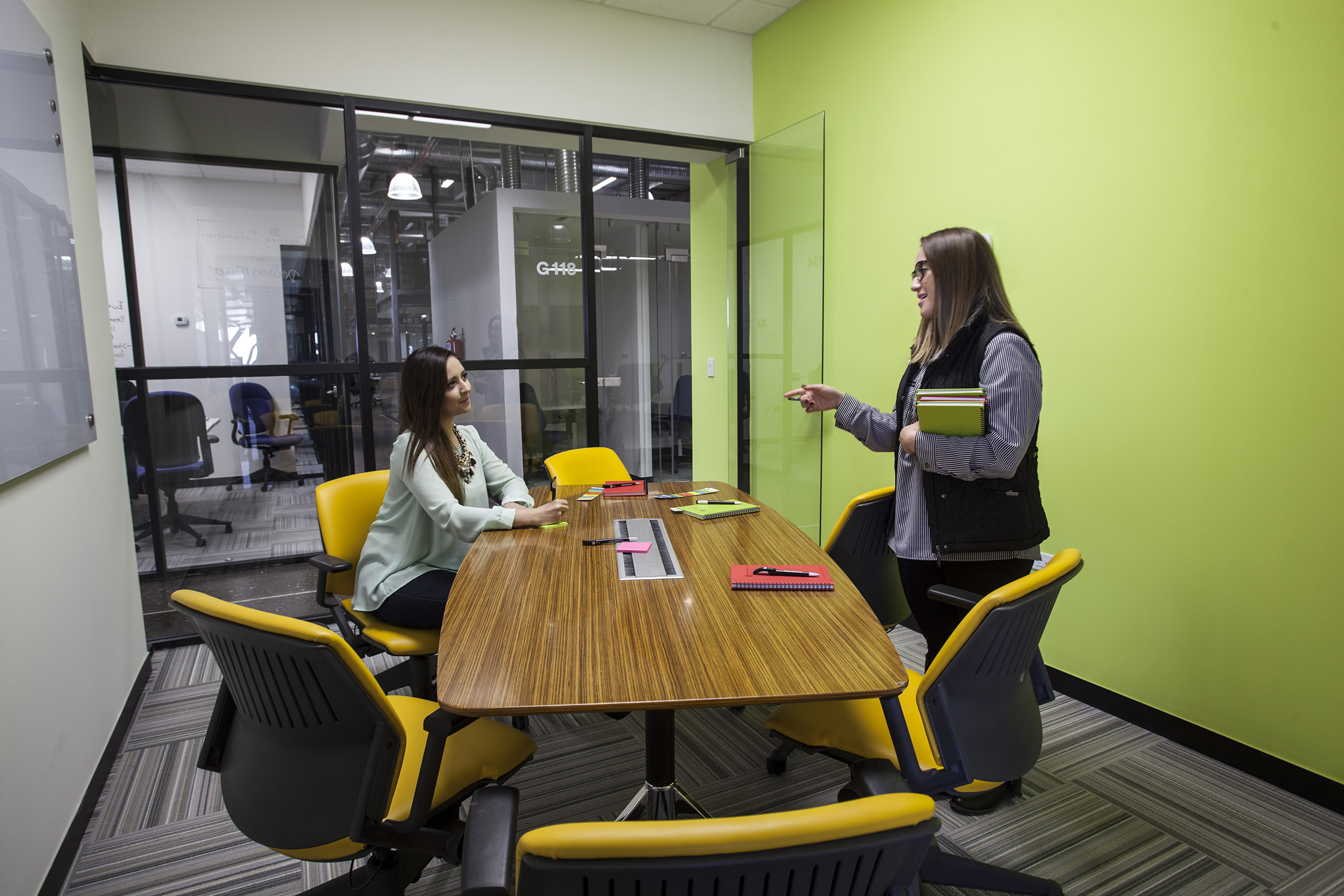In your workplace, maybe you’ve been surprised to notice that your collaborators have a careless attitude, have been missing work, and maybe even a progressive downfall of quality of work and productivity. This is all due to their boredom in the workplace, it makes them experience feelings of anger, guilt, failure and impatience; and this has a strong impact in your business.
It’s complicated being the personal psychologist of each one of your collaborators. Something you can do is stimulate the workplace, since a boring workplace can have a negative impact on your business in the long run. How do you do that?
Companies like Google have modified their workplace to stimulate creativity and productivity on their collaborators. Here are two major points to consider when facing boredom in your workplace.
Objectives
 Photo by: Waewkidja
Photo by: Waewkidja
Work boredom is generated mainly by monotony and tedium. It’s also a source of stress and it has been called boreout in the corporate world. Boreout affects those who are poorly motivated in the workplace or those who take on mechanical or routinely tasks daily.
Now, the routine is due to a low level of challenge that makes the work at hand an annoying and tedious task. If you wish to combat this, you must create a workplace that generates gratifying experiences.
The collaborator is not always a snob. Sometimes people need to put their capacities and abilities to the test in the workplace. They want to take on labor challenges and feel that their contributions are important for the business center.
Try motivation through clear objectives, reachable but challenging. Avoid focusing on the punishment and give more importance to the reward of reaching the goal or almost making it through their effort and dedication.
Organization and Work Distribution
 Photo by: © Luis Pegut
Photo by: © Luis Pegut
We can get distracted with diverse problems that appear gradually in the workplace. Nonetheless, keeping dynamic the organization and distribution of the work will keep your collaborators from boredom.
Psychologist describe boredom in the workplace as an emotional state of dissatisfaction, generated by the type of activity they do. More than anything else, it’s about the lack of satisfaction of doing that specific task and the perception that the collaborator has of it.
Talk to them to understand how they feel about the individual task that they perform in the workplace. This way you’ll be able to evaluate the changes in the organization that really stimulate your collaborators.
For instance, if nobody wants to perform a task in the workplace, you can rotate each week the task among the collaborators. You’ll avoid endless discussions and that one of your collaborators falls prey of routine.
Keep the workplace dynamic and your collaborators happy. Did you know that a coworking space is a good solution for boredom?

